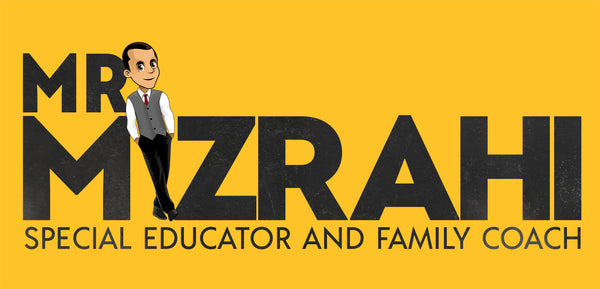
Impulse Control Solutions
Share
Many children with ADHD seem to spend their lives in time-out, grounded, or in trouble for what they say and do. The lack of impulse control is perhaps the most difficult symptom of ADHD to modify. It takes years of patience and persistence to successfully turn this around.
Children with ADHD have difficulty telling right and wrong, so parents must be specific, stating clear, consistent expectations and consequences. Telling your child to “be good” is too vague to address behavioral problems. Instead, be explicit: “When we go into the store, do not touch, just look with your eyes.” “At the playground, wait in line for the slide, and don’t push.” Other strategies to try:
- Discipline can and should be used in certain situations. While ADHD is an explanation for bad behavior, it is never an excuse. ADHD may explain why Johnny hit Billy, but ADHD did not make him do it. Children with ADHD need to understand their responsibility to control themselves.
- Provide positive feedback too. Be sure to also offer immediate, positive feedback and attention when kids with ADD behave well. Catch them doing something good. Specifically, state what they are doing well, such as waiting their turn.
- Be proactive in your approach to discipline. Respond to positive and negative behaviors equally. Recognize and remark on the behavior, then respond to positive actions with praise, attention, and rewards or immediately discipline negative actions.
- Hold your child accountable. Making your child understand what he did wrong is essential in molding a responsible adult. However, delayed punishment may prevent a child from understanding its relationship to the misbehavior. Punishment must come soon after the misbehavior.
- Let the punishment fit the crime. Hitting calls for an immediate time out. Dinnertime tantrums can mean dismissal from the table without dessert. Keep punishments brief and restrained, but let them communicate to your child that he’s responsible for controlling his behavior.
- Let minor misbehaviors slide. If your child spills the milk because he’s pouring it carelessly or hurriedly, talk to him about the importance of moving more slowly, help him clean the mess, and move on. Every misstep doesn’t warrant significant consequences.
Coach Benjamin Mizrahi. Educator. Learning Specialist. Family Coach. Father. Husband.
More articles on Mr Mizrahi's Blog - Benjamin Mizrahi
